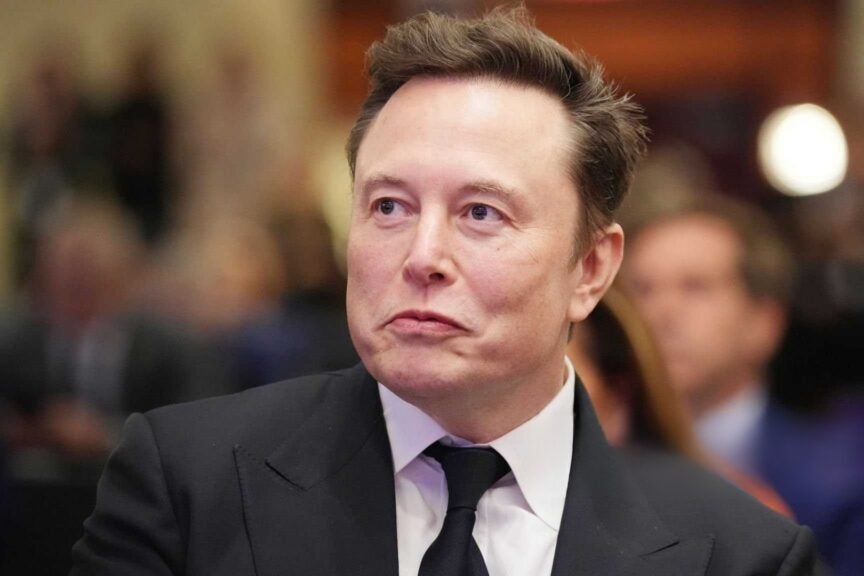Uncovering the Truth: Is Tesla Manipulating Odometers to Evade Warranty Claims?
A bombshell report has surfaced alleging that Tesla may be tampering with vehicle odometers to avoid honoring warranty claims. According to internal documents and whistleblower testimonies, the electric vehicle (EV) giant could be artificially reducing mileage readings, potentially leaving customers footing the bill for repairs. If proven true, this practice could shake consumer trust and trigger regulatory scrutiny.
Whistleblower Claims Spark Investigation
The allegations first emerged when a former Tesla technician, speaking on condition of anonymity, revealed that the company’s internal diagnostics tools could alter odometer readings. “I witnessed cases where vehicles with clear mechanical issues had their mileage adjusted downward, just enough to keep them under warranty limits,” the whistleblower claimed. These adjustments allegedly occurred during routine software updates or service visits.
Supporting these claims, an independent analysis by automotive watchdog SafeDrives found discrepancies in mileage logs from over a dozen Tesla owners. In one instance, a Model 3 owner reported a 12,000-mile jump between service records, only for the odometer to later display a lower figure. While Tesla has dismissed these findings as “technical glitches,” experts remain skeptical.
How Odometer Tampering Could Benefit Tesla
Warranty repairs represent a significant cost for automakers. Tesla’s 2022 annual report disclosed $3.6 billion in warranty reserves, a figure that could balloon if high-mileage vehicles frequently require battery or motor replacements. By keeping odometer readings below warranty thresholds—typically 50,000 to 120,000 miles—Tesla might avoid covering expensive repairs.
- Battery replacements: Costing up to $15,000, these are the most common warranty claims for EVs.
- Drive unit failures: Tesla’s earlier models are prone to motor issues, with repairs averaging $7,000.
- Software locks: Some owners allege Tesla remotely disables features like fast charging for high-mileage vehicles.
Legal experts warn that odometer manipulation violates federal law. “The Motor Vehicle Information and Cost Savings Act explicitly prohibits mileage rollbacks,” said attorney Rebecca Shaw, a lemon law specialist. “If proven, Tesla could face class-action lawsuits and fines exceeding $10,000 per violation.”
Tesla’s Response and Industry Reactions
Tesla CEO Elon Musk dismissed the allegations as “utter nonsense” in a recent tweet, attributing mileage discrepancies to “firmware synchronization delays.” However, rival automakers and EV advocates are calling for transparency. “Consumers deserve to know if their odometers are accurate,” said Sandra Phillips of the Electric Vehicle Association. “This isn’t just about warranties—it affects resale value and safety recalls.”
Meanwhile, the National Highway Traffic Safety Administration (NHTSA) has reportedly opened a preliminary inquiry. Though no formal investigation has been announced, the agency confirmed it’s “reviewing the allegations.”
What Tesla Owners Can Do
For concerned Tesla owners, experts recommend:
- Document mileage regularly: Take photos of your odometer during service visits.
- Request service records: Tesla’s app provides repair histories, including mileage logs.
- Report anomalies: File complaints with NHTSA or state consumer protection agencies.
Third-party diagnostic tools like Scan My Tesla can also cross-check mileage data, though Tesla’s proprietary software limits access to certain metrics.
The Bigger Picture: Trust in the EV Market
This scandal arrives as Tesla faces mounting pressure over build quality and customer service. A 2023 Consumer Reports survey ranked Tesla 19th out of 24 automakers for reliability, citing frequent software-related issues. If odometer tampering is confirmed, it could deter potential buyers and slow EV adoption.
“The EV revolution hinges on trust,” said auto analyst Michael Dunne. “Tesla’s tech edge won’t matter if consumers question the integrity of their vehicles.”
What’s Next?
As regulators and journalists dig deeper, Tesla may need to address these allegations head-on. Potential outcomes include:
- Independent audits of Tesla’s mileage recording systems
- Revised federal guidelines for EV odometer standards
- Increased scrutiny of over-the-air software updates
For now, Tesla owners are left wondering if their odometers tell the whole story. As one frustrated Model S owner put it: “I paid for every mile. I deserve to know the truth.”
Stay informed: Follow updates on this developing story by subscribing to our automotive investigations newsletter.
See more Business Focus Insider Team

